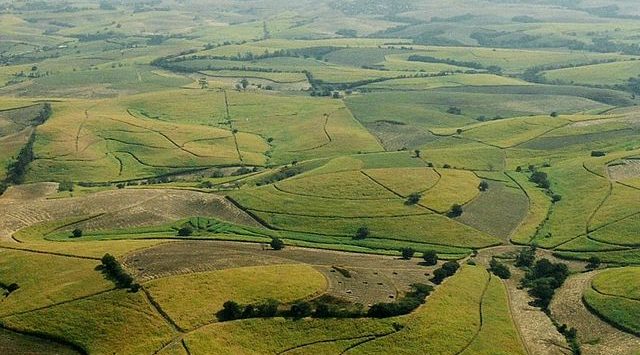The South Africa sugar industry expects the Finance Minister Enoch Gogongwana not to increase a biting health levy during the February 19, 2025 budget.
While the minister may not terminate the controversial health promotion levy (HPL), he might offer a 60-month moratorium of not raising it.
According to the executive director of South African Sugar Association (SASA) Sifiso Mhlaba in Durban, a moratorium would uphold rural communities. If not, it could devastate cane growers who are predominant in KwaZulu-Natal and Mpumalanga.
Pro Side
Championed by the Healthy Living Alliance (HEALA), HPL is a surcharge that aims to reduce malnutrition, diabetes and childhood stunting.
While the World Health Organization (WHO) recommends 20% tax on sweetened beverages, governments implement such levies on a reduced scale.
South Africa’s levy began in 2018 at 11% but HEALA has been pushing for it to echo the WHO recommendation.
According to Angelika Grimbeek of the alliance, the tax has brought tangible lifestyle changes despite the levy currently dipping to 10%. For this reason, she recommends another increase to bring it at par with that of WHO.
Con Side
The other side made up of sugarcane farmers and millers is firmly against any increase, citing job losses.
In retrospect, HPL helped slash 16,000 jobs and drained 1.2 billion Rand ($65 million) in the 2019-20 period as domestic sales ebbed.
At the same period, two major sugar mills in KwaZulu-Natal closed down while others turned to exports to break even.
Exports in late 2024 and early 2025 however lack the sting due to ongoing world sugar price stagnation in major markets.
The moratorium expectation however coincides with a looming 2025 budget’s tax deficit of 10 billion Rand ($542 million). Thus the South Africa sugar sector is circumspect lest the country fills in the missing billions by raising HPL. But as the statistics below show, tax is the only adverse issue as the country has a thriving sugar sector.
South Africa Sugar and Tax Statistics
The sugar industry in South Africa is a bastion of rural economic development. It offers livelihoods to 25,000 farmers and creates 65,000 direct and 270,000 indirect jobs, according to News24. The farming population is mainly in KwaZulu Natal in the east and Mpumalanga to the northeast. Both are home to 24,000 smallholders and 1,200 large-scale cane farmers.
At the continental level, South Africa ranks 2nd in sugar production in Africa after Egypt at 1.9 million tonnes, as of 2021. It is the leading producer of sugarcane on the continent at a tonnage of 18 million tonnes (2021). By 2023, this quantity had stayed put at 17,944,000 tonnes, according to FAOSTAT.
Which is the main sugar levy in South Africa?
The health promotion levy (HPL) of 2018 at 2.1 local cents per gram or 11% of the commodity’s price is a main tax. By June 2022, five years after the start of the tax, revenue from HPL amounted to 10 billion Rand ($542 million). Apparently, little of this turnover trickled back into health promotion schemes.
Are there defunct sugar levies?
According to the National Treasury, the country implemented soft beverage and mineral water taxes between 1993 and 2002, which ended after much lobbying. The taxes ranged from 6 local cents to 14.83 cents per liter. At their peak in the 1997-98 fiscal year, they generated 298.4 million Rand ($16.17 million).
